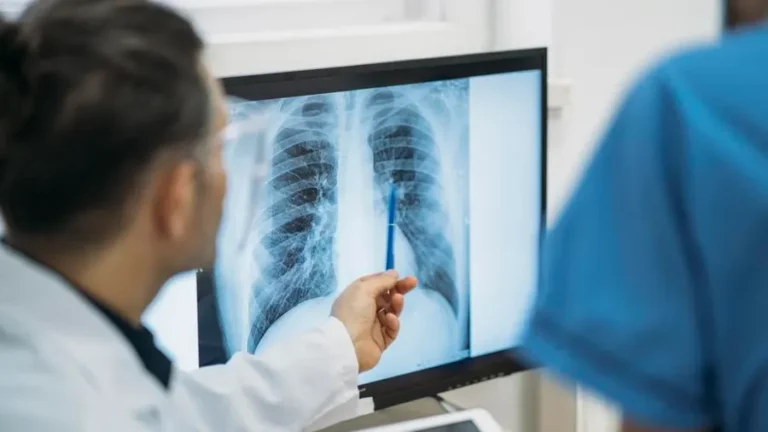
About Radiology
Welcome to Lifeline Institute Of Medical Science’s Radiology Department, where we bring a ray of hope and cutting-edge technology to your healthcare journey. Our department is dedicated to providing essential diagnostic services that enable our healthcare team to better understand your health and provide you with the best care possible.
At Lifeline, our Radiology Department is equipped with state-of-the-art imaging technology, including X-rays, CT scans, MRI, and ultrasound, to help our expert radiologists obtain clear and detailed images of the inside of your body. These images play a crucial role in diagnosing and monitoring various medical conditions. Our team of highly skilled radiologists ensures that you receive accurate and timely results, contributing to your overall well-being. Whether you require routine screenings, injury assessments, or detailed evaluations, you can trust our Radiology Department to deliver precise and compassionate care, helping you on your path to recovery. Your health is our priority, and we’re here to illuminate the way to a healthier you
Health Tips & Info
Welcome to Lifeline Institute Of Medical Science – Your Radiology Hub in Hisar
At Lifeline Institute Of Medical Science, we understand the significance of radiology in modern healthcare. Our dedicated radiology department plays a crucial role in diagnosis, treatment, and overall patient care. In this section, we’ll explore what radiology is, why it’s vital, and some useful tips for patients..
What is Radiology?
Radiology is a medical specialty that uses various imaging techniques to view the inside of the body. These images help doctors diagnose and monitor a wide range of health conditions. Radiology encompasses methods like X-rays, CT scans, MRIs, ultrasound, and more
Why Radiology Matters
Accurate Diagnosis: Radiology enables doctors to see inside the body without invasive procedures, providing a clear and accurate picture of what’s happening. This helps in diagnosing conditions like fractures, tumors, infections, and more.
Treatment Planning: Radiology guides treatment plans. It helps surgeons during procedures and ensures that interventions are as precise as possible.
Monitoring Progress: For ongoing conditions, radiology helps track progress. Doctors can adjust treatments as needed, thanks to the visual insights provided
Radiology Tips for Patients
Prepare for the Exam: If your doctor recommends a radiology exam, ask for clear instructions on preparation. Some exams may require fasting or specific clothing, while others may not.
Ask Questions: Don’t hesitate to ask questions about the procedure. Understand what to expect, potential risks, and any alternatives available.
Inform Your Radiologist: Make sure to inform the radiology technologist of any allergies, previous reactions to contrast material, or if you might be pregnant. This information is crucial for your safety.
Follow Post-Exam Instructions: After the exam, follow any post-procedure instructions given by your healthcare provider. If you experience any unusual symptoms, don’t hesitate to contact your doctor.
Stay Calm: It’s natural to feel a bit anxious about a radiology procedure. Radiology professionals are trained to ensure your comfort and safety throughout the process. Take deep breaths and relax.
Be Punctual: Arrive on time for your appointment. Radiology departments often have tight schedules, and arriving late could inconvenience other patients
What patents say

Empowering Health Through Lifeline's Medical Expertise
Transforming Lives through Cutting-Edge Medical Science: Welcome to Lifeline Institute, Your Partner in Health and Wellness Excellence.
